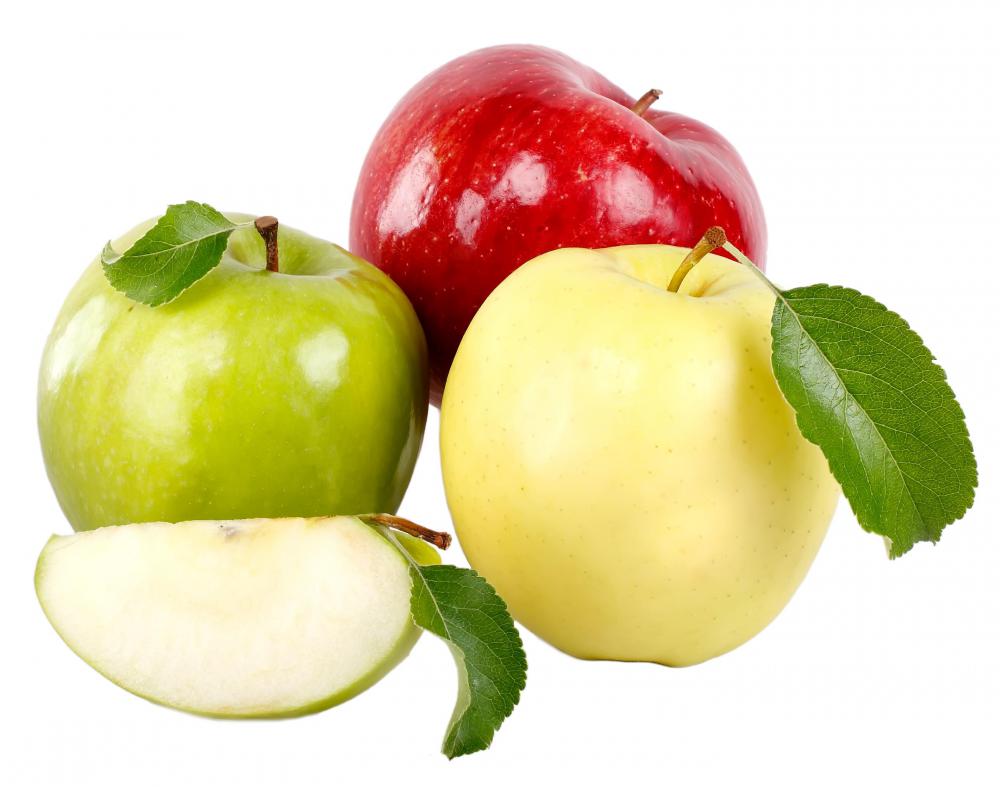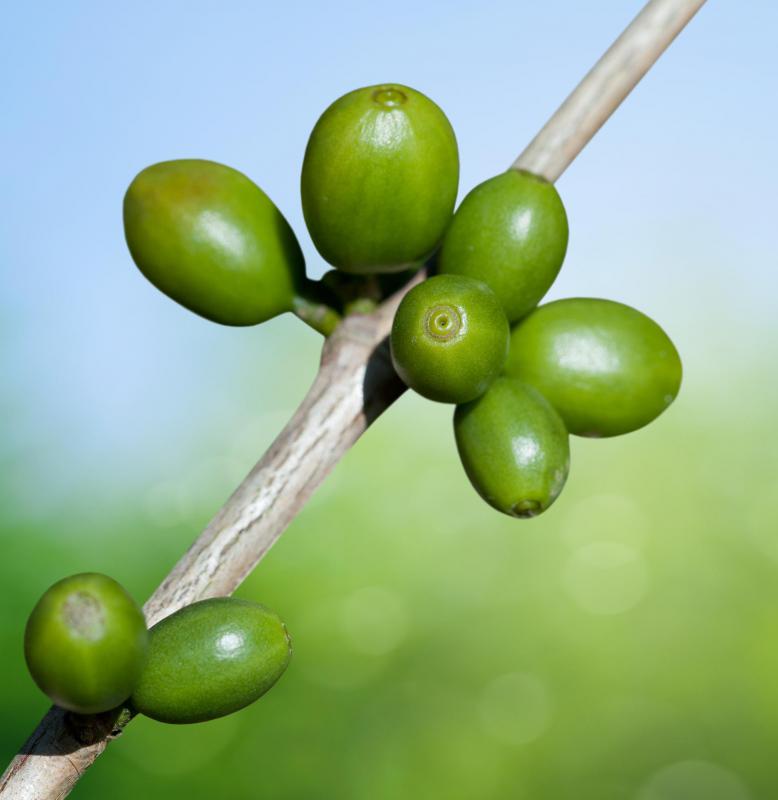At HomeQuestionsAnswered, we're committed to delivering accurate, trustworthy information. Our expert-authored content is rigorously fact-checked and sourced from credible authorities. Discover how we uphold the highest standards in providing you with reliable knowledge.
What is Polyploidy?
Polyploidy is a term which describes having more than two sets of chromosomes. A number of animals and plants naturally exhibit polyploidy, and it can also arise as a spontaneous mutation. Polyploidy should not be confused with aneuploidy. In the case of aneuploidy, there are extras of one or more chromosomes, while in polyploidy, there is an extra copy of an entire set of chromosomes. In humans, being polyploid is usually incompatible with life; a polyploid fetus will often spontaneously abort, or die shortly after birth if it survives through gestation.
A single set of chromosomes is known as a haploid set, while a pair is known as diploid. Many organisms, including humans, are diploid, inheriting a haploid set from each parents. Polyploid organisms can potentially have any number of sets of chromosomes; triploid have three, tetraploid have four, and so on, with as many as 12 sets of chromosomes being documented in some organisms.

Plants are especially prone to polyploidy, with some scientists estimating that up to 80% of flowering plants may have this trait. The multiple sets are the result of abnormal cell division, which seems to be a problem in some organisms more than others. Some organisms have specifically evolved to have more than two sets of chromosomes, in which case being diploid would be an abnormality.

Some interesting information about plant inheritance can be gleaned by studying the number of sets of chromosomes in plants. Coffee plants, for example, tend to have chromosomes in multiples of 11, with 22, 44, and 66 chromosomes documented in various coffee plants. This would seem to suggest that the original ancestor of these plants had a haploid set of 11 chromosomes. Other common crops such as wheat also demonstrate polyploidy, which would suggest that breeding plants has resulted in some fundamental changes to their genomes.
People may refer to polyploidy as whole genome duplication, emphasizing that it involves an entire extra copy of the genome. All of the copies of the genome can play against each other when it comes to the expression of genes, which is one reason why some plant species are so diverse and why cultivars of the same species can vary so considerably despite the fact that they are all the same species. Apples, for example, come in a huge array of shapes, sizes, and flavors, from small, bitter fruits to large, sweet ones. Not coincidentally, apples demonstrate polyploidy.
AS FEATURED ON:
AS FEATURED ON:












Discuss this Article
Post your comments